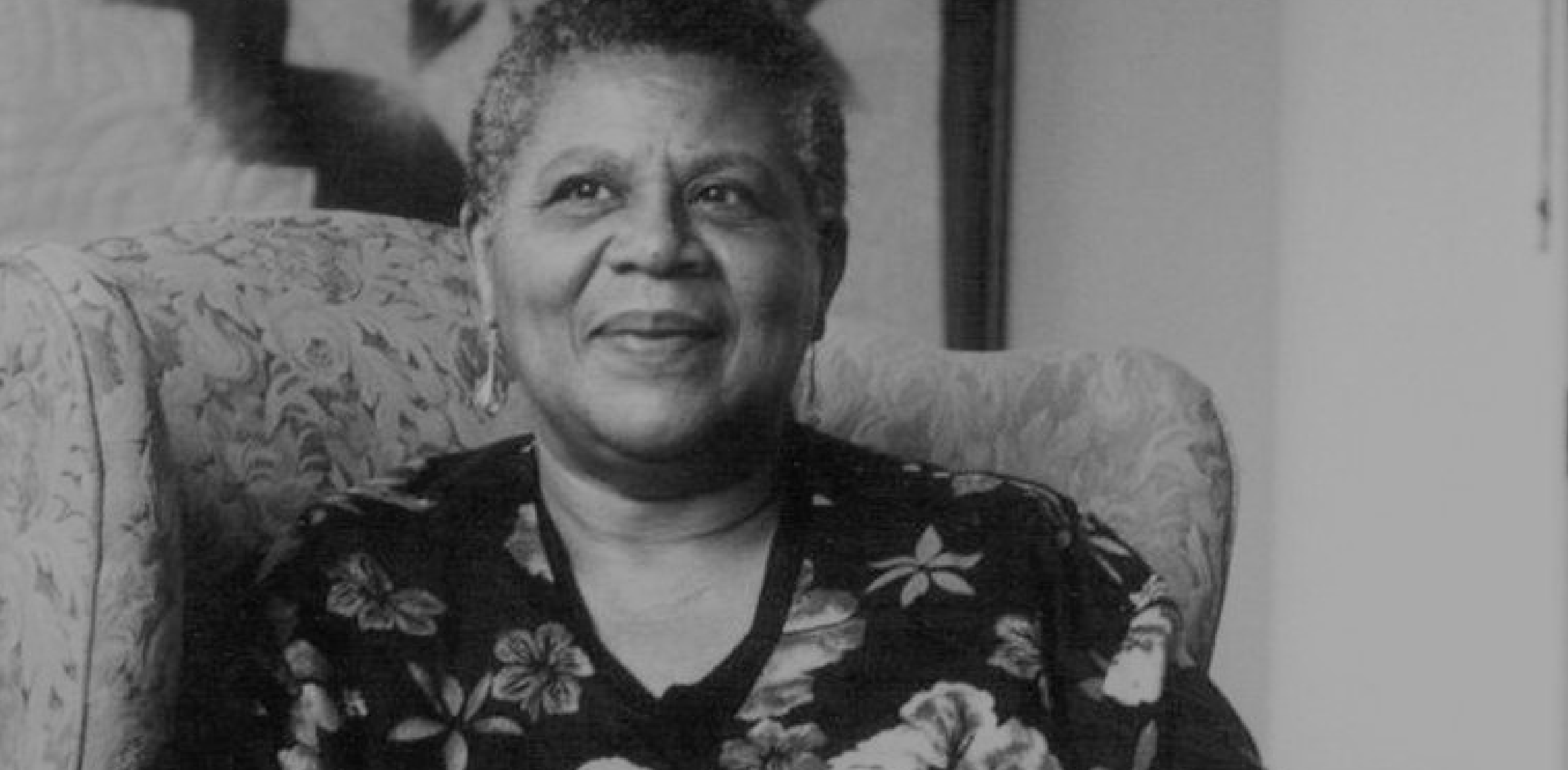A Conversation with Minnijean Brown-Tricky
In 1957, Minnijean Brown-Tricky changed history by striding through the front doors of Central
High School in Little Rock, Arkansas. As a member of the Little Rock Nine, she helped desegregate
public schools—a milestone in civil rights history—and alter the course of education in America. Join us
for a special intercultural webinar with Minnijean on February 23 as part of Black History
Month.
Q) Minnijean, looking back on photos of September 4, 1957 in Little Rock, Arkansas, how do you remember feeling that day?
A) “Disappointed. Scared. I felt a real loss of innocence, and a real sadness. Because I didn’t know anything about hate. The people in the mob that day were monsters but I knew they were ordinary, everyday people. That’s what I mean by a loss of innocence.”
Q) The Black Lives Movement accelerated in 2020 and helped illuminate American (and to a similar extent Canadian) deep roots of systemic and institutional racism. Have things improved at all since 1957?
A) “Segregation in the States just keeps on maintaining. As a speaker, I see it in the schools I visit in the States in the way they’re funded. I’ve gone into schools where they have everything, and I’ve gone into schools where they have nothing. The defining thing about the ‘everything’ and the ‘nothing,’ is colour.”
Q) You bring an international perspective to your work and experience having studied, lived, and worked in both the US and Canada. What lessons can Canadian educators learn from our southern neighbours or is it the other way around?
A) “I would say, stop copying the United States, I think that would be my first rule for Canada. Canadian educators have the potential to do things differently. Do it. The States is no model to emulate. What I learned from the mob in Little Rock is that I’ll never be that kind of person. Canadian educators can learn from today’s events on what we don’t want, and teach their students a non-violent lifestyle.”
Q) As a social rights activist, you teach children about non-violence through your speeches and seminars. Do you feel more hopeful that today’s youth are better informed about racial injustice?
A) “I’m so impressed by young people today. They are so much more than we think they are, and they are so much more thoughtful. When I speak to high schoolers, I get them to write me a letter, and I am so moved by what they write. They have a good sense of right and wrong. Their answers give me hope for our future.”
Q) Minnijean, how can educators promote equity, diversity, and inclusion in international education?
A) “I think if educators saw each student as a genius, it would open up everything. Students wouldn’t be treated with preference, or stereotyped. These are things we carry within us when we’re looking at other people. In my personal belief system, equity, diversity and inclusion is about expansion. If people are open to expanding, they’re stepping in the right direction.”
The above article has been edited for brevity.



